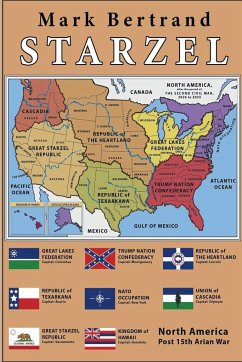
We

PAYBACK Punkte
7 °P sammeln!
Before there was Huxley; before there was Orwell; there was Zamyatin. The grandfather of dystopian fiction wasn't George Orwell or Aldous Huxley; it was an obscure writer, one they both borrowed from. We by Yevgeny Zamyatin was written in-and smuggled out of-Soviet Russia. In it, the One State is a world where people are numbers, free will is a disease, and life has been reduced to a mathematical equation-that is, until one man tries to factor in the ultimate unknown: love.













